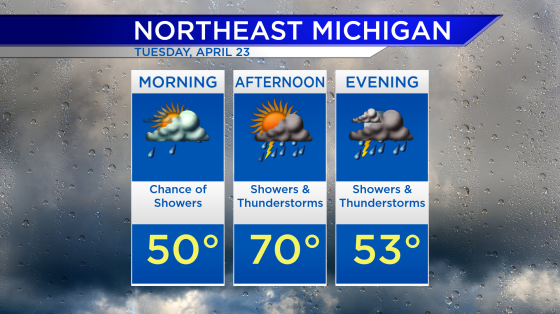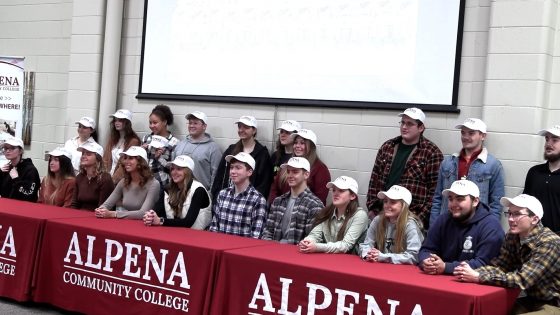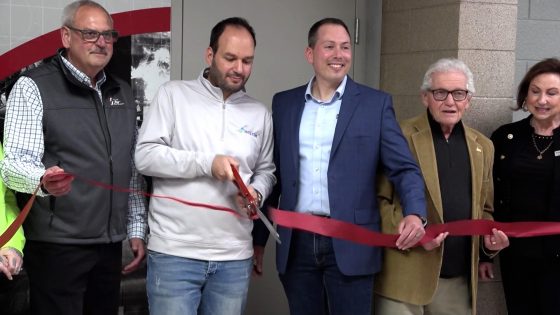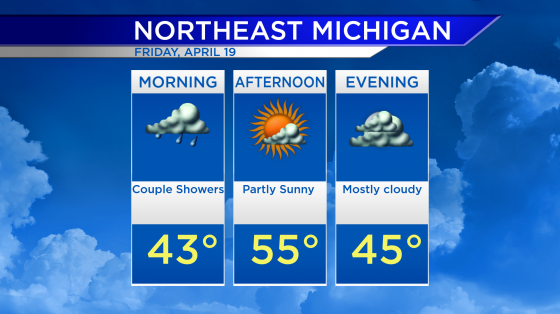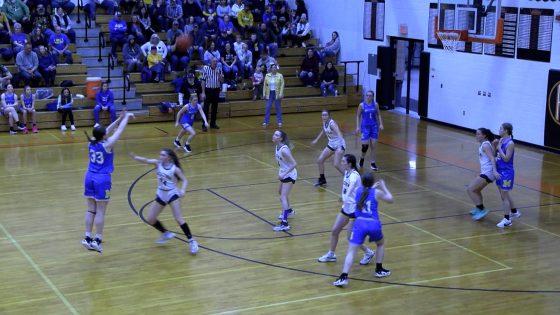Besser Elementary Students Release Salmon into the Wild
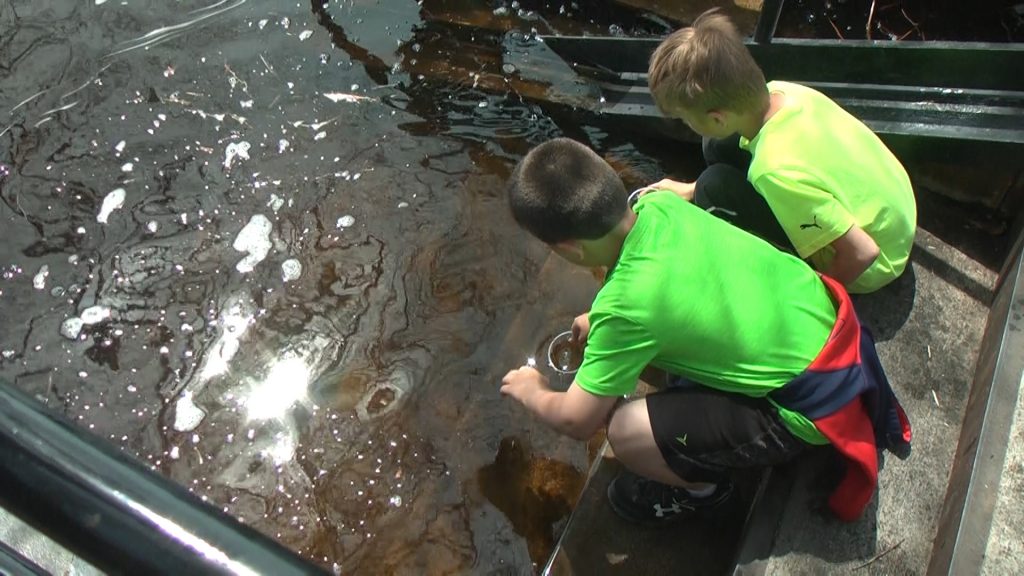
Two fifth graders from Besser Elementary say goodbye to their Chinook Salmon as they depart in the Thunder Bay River.
Alpena- 141 Chinook salmon found a new home in the Thunder Bay River Monday afternoon.
Thanks to the help of 87 fourth and fifth grade students from Besser Elementary, these tiny salmon will one day transform into full grown Chinook salmon.
The students had been raising and taking care of the salmon all school year as part of the ‘Salmon in the Classroom’ program offered by the Michigan Department of Natural Resources. The course teaches students to undertake conservation and instruct care for fish and the environment. They also provide classrooms with eggs to help hatch and eventually send out into the wild.
Today, the students collected data from their Chinook salmon, some even naming their little fish. The young marine biologists studied different macro-invertebrates, took water samples of the river for pH levels, learned about water plants, and looked at Rotary Island wildlife.
“I love it when they (the students) are so passionate in answering their questions and when they’re actually releasing the salmon. They are all so excited to let them out into their new habitat,” said Besser Elementary School Teacher Allison Elliott.
This is the first time Elliott has utilized the program offered by the Michigan DNR. She learned about it during her student teaching time in California. One of the biggest topics Elliott wanted to study with her class was the introduction of Salmon to the Great Lakes. Salmon are native to the Pacific and Atlantic Ocean. They serve a different purpose in the Midwest, helping control populations like the Alewife, an invasive fish from the Atlantic Ocean. Salmon adapt to fresh and salt water very well so introduction was easy for scientist. The salmon also plays a critical role in helping balance the ecosystem.
“The ecosystem is very diverse, every fish has it’s own life cycle, and our salmon, thankfully, can acclimate well to anything,” said Elliott.
Several community partners came together to help make the project possible including U.S. Fish and Wildlife, the Northeast Michigan Great Lakes Stewardship Initiative, Michigan State University Sea Grant, the Michigan DNR, and members of the the Department of Energy. Elliott praises all of these organizations who helped pull off an experience that the students won’t soon forget.
“Just to see what I’ve taught in the classroom, it’s come full circle.”

